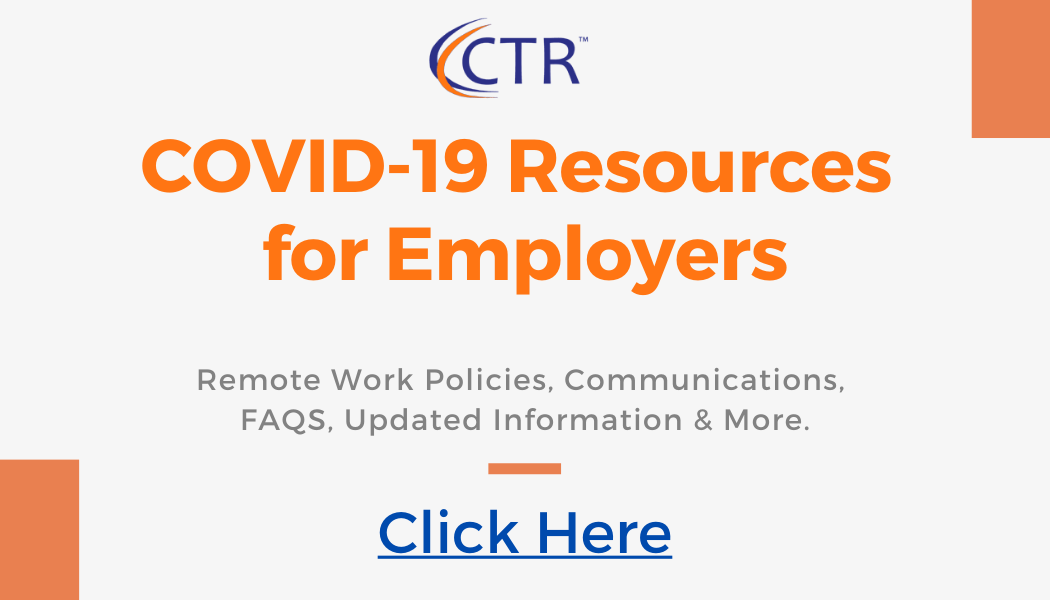UPDATE 3/27/2020: The Senate CARES Bill has been signed into law as of Friday afternoon
This bi-partisan effort to “protect Americans’ livelihoods” is extensive and, if passed, will see an infusion of hundreds of billions of dollars in the US economy. The legislation covers five key areas: small business, taxes, health care, unemployment, and distressed industries.
Paycheck Protection Program for Small Business under the CARES Act
Under the CARES Bill paycheck protection program, for small businesses, the self-employed, and gig economy workers will see an infusion of $350 billion in an effort to prevent workers from losing their jobs and small businesses from going under due to economic losses brought on by the COVID-19 pandemic.
The program provides 8 weeks of cash-flow assistance through 100% federally guaranteed loans to help small businesses keep employees during the pandemic. Employers who use the paycheck protection program to cover payroll costs, interest on mortgages, rent, and utilities will see those portions of the loan forgiven.
You can view more details of the Paycheck Protection Program here.
Tax Provisions
The CARES Bill also stipulates a huge stimulus package in the way of a one-time tax rebate check of $1,200 per individual and $500 per child for every American with a valid social security number. The tax provisions also loosen the rules on retirement accounts. Retirees with mandatory minimum distributions will be able to keep their money invested rather than cashing out to avoid drawing on it later with penalty. The bill also waives the 10% penalty on any COVID-19 related early distributions from 401(k)s and IRAs.
Employers facing closure mandates or suffering economic hardships, who have continued to pay furloughed employees may be eligible for a 50% credit on up to $10,000 of those wages. This will help increase the likelihood that employees have a job to return to.
Under the tax provisions of the CARES Act, Employers may also be able to delay paying 2020 payroll taxes until 2021 and 2022.
More details on the tax provisions can be found here.
Health Provisions
Certain considerations are also planned for the nation’s health care. The bill prioritizes COVID-19 patients and allows for accelerated Medicare payments to ensure hospitals maintain consistent cash flow.
The bill also provides $100 billion for a new program that will provide grants to help hospitals and other health care institutions cover unreimbursed health care costs and lost revenue. $16 billion would also be set aside to the Strategic National Stockpile to collect protective medical equipment, ventilators, and other supplies. Nursing homes, public health agencies, schools, universities and research facilities will also see millions in cash infusions.
More details on the health provisions can be found here.
Unemployment Provisions
$250 billion will be set aside to expand unemployment benefits as well as expand the benefits to more Americans—such as the self-employed and gig economy workers. The expansion would also extend to state and local governments, as well as nonprofits.
Weekly benefits would increase $600 for all unemployed workers through July 2020. The bill also provides an additional 13 weeks of benefits beyond what is allowed by the states.
More details on the unemployment provisions can be found here.
Distressed Industries Provisions
The Senate’s CARES Bill also provides $500 billion in emergency relief to distressed industries along with state and municipal governments. The majority of these funds will go to loans, loan guarantees, and investments to support facilities established by the Federal Reserve under 13(3) authority. The purpose being to provide liquidity to businesses, state, and local governments through purchasing obligations or other interest directly from issuers of such obligations or other interests.
The bill makes it clear that loans, not bailouts, are on the table. The CARES Act directly lends $50 billion for commercial airlines, $8 billion for cargo airlines, and $17 billion for any business deemed “critical to maintaining national security.”
Safeguards will be in place to insure the loans go to protecting workers and not into executive pockets. Employee and executive compensation cannot exceed $425,000 and stock buybacks are expressly prohibited during the duration of the loan.
More details on the distressed industries provisions can be found here.
Visit the CTR COVID-19 Information Center for More
Nothing is normal these days. COVID-19 has affected every business and organization across southwestern Pennsylvania and Ohio—and there are updates every single day. Click below to access the CTR COVID-19 Information Center for Employers and Businesses. You’ll find news updates, FAQs, helpful videos and downloads, and a wealth of other information. We’re all in this together!

Leave a comment